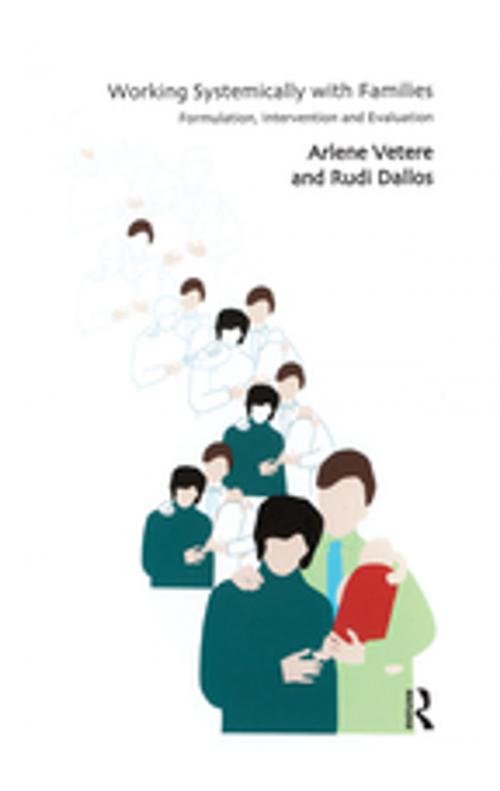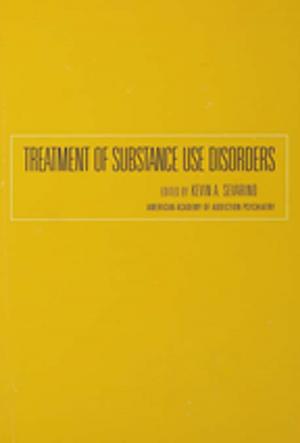Working Systemically with Families
Formulation, Intervention and Evaluation
Nonfiction, Health & Well Being, Psychology, Psychoanalysis, Mental Health| Author: | Rudi Dallos, Arlene Vetere | ISBN: | 9780429924248 |
| Publisher: | Taylor and Francis | Publication: | April 24, 2018 |
| Imprint: | Routledge | Language: | English |
| Author: | Rudi Dallos, Arlene Vetere |
| ISBN: | 9780429924248 |
| Publisher: | Taylor and Francis |
| Publication: | April 24, 2018 |
| Imprint: | Routledge |
| Language: | English |
Systemic theory offers a valuable framework for integrating the diverse ideas found throughout the mental health arena in both theory and clinical practice. With this accessible book, the authors take you on an enjoyable and coherent journey through systemic theory. They then review the body of research into family therapy and conclude with a critical review of major recent developments in theory and application. At the end of several chapters are reflexive notes containing exercises that relate to the ideas and processes found within the chapter to further develop the reader's understanding. The conclusion draws together the ideas found throughout the book, with particular emphasis on the interlocking triangle of formulation, intervention and evaluation and how this will impact on systemic practice in the future. While this book will be an invaluable introduction to family systems theory and practice for clinical psychology training courses, plugging a gap that the authors have identified as one of their motives for writing it, its remit runs much wider. It will prove an essential companion for any professional working in the public services, whether systemically trained or not.
Systemic theory offers a valuable framework for integrating the diverse ideas found throughout the mental health arena in both theory and clinical practice. With this accessible book, the authors take you on an enjoyable and coherent journey through systemic theory. They then review the body of research into family therapy and conclude with a critical review of major recent developments in theory and application. At the end of several chapters are reflexive notes containing exercises that relate to the ideas and processes found within the chapter to further develop the reader's understanding. The conclusion draws together the ideas found throughout the book, with particular emphasis on the interlocking triangle of formulation, intervention and evaluation and how this will impact on systemic practice in the future. While this book will be an invaluable introduction to family systems theory and practice for clinical psychology training courses, plugging a gap that the authors have identified as one of their motives for writing it, its remit runs much wider. It will prove an essential companion for any professional working in the public services, whether systemically trained or not.















